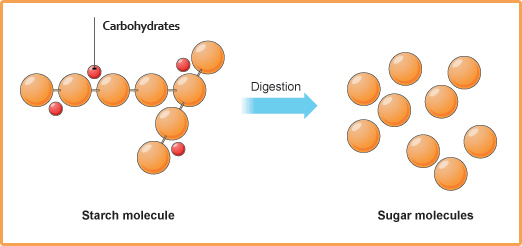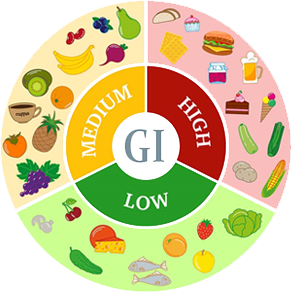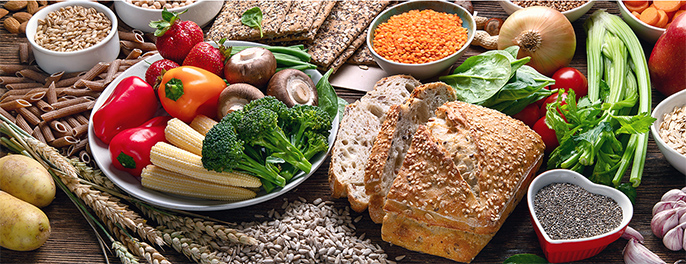Weight loss has always been associated with calorie counting, restrictive diets, or rigorous workout programs.
Just look at how many diet programs are out there making tall promises which only yield short-term, disappointing results.
What most people don't realize is that there's an easier way to achieve sustainable weight loss, and that is by balancing your blood sugar levels.
Blood sugar simply refers to the amount of sugar or glucose in your blood, which comes from carbohydrates. During digestion, carbohydrates are broken down into sugar molecules and sent to your bloodstream, increasing your blood-sugar levels.

The hormone insulin is then released to bring the sugar out of your blood – and into your cells to be converted into energy. Any excess sugar from your meal that isn’t being used for energy right away gets stored as fat.
So how does all this work?
Highly refined carbs like white bread, high fructose corn syrup, and other sweet carbs are quickly digested and absorbed. This rapid fluctuation in blood sugar level is sometimes called a sugar rush, which leaves you tired and feeling hungry faster.
This forces your body to produce more insulin which, in turn, can trigger more fat storage.
How do I balance my blood sugar, you may ask?
Thankfully, not all carbs are created equal. Low-GI carbs have minimal impact on blood sugar levels.
Dr. David Jenkins invented the glycemic index (GI) as a way to measure how specific foods elevate blood sugar levels relative to pure glucose (GI = 100).
Foods can be classified as:
High - 70 and higher
Moderate - 56-69
Low - 55 and below

GI can be affected by several factors such as nutrient composition, ripeness, and cooking method. So it's better to reference the glycemic load of foods since it takes into consideration the serving size.
Choose carbs that have a low glycemic load.
Plant foods contain fiber, so their natural sugar is released slowly. Nuts and seeds are good sources of plant-based protein which takes much longer to digest.
Low-carb fruits include berries, apples, and pears.
Whole grains, lentils, and legumes are also good choices if you want to maintain your blood sugar level.

So think about the glycemic load the next time you eat something and ask yourself, "Is this contributing to higher blood sugar in my body and a higher scale number or helping to lower them both?"
For more articles like this one, plus videos, webinars with health professionals, visit our Wellness Center. All the info there is written and overseen by doctors, nutritionists and other health experts so you know it's information you can trust.
Request to be a VIP member. It's FREE!

Comments